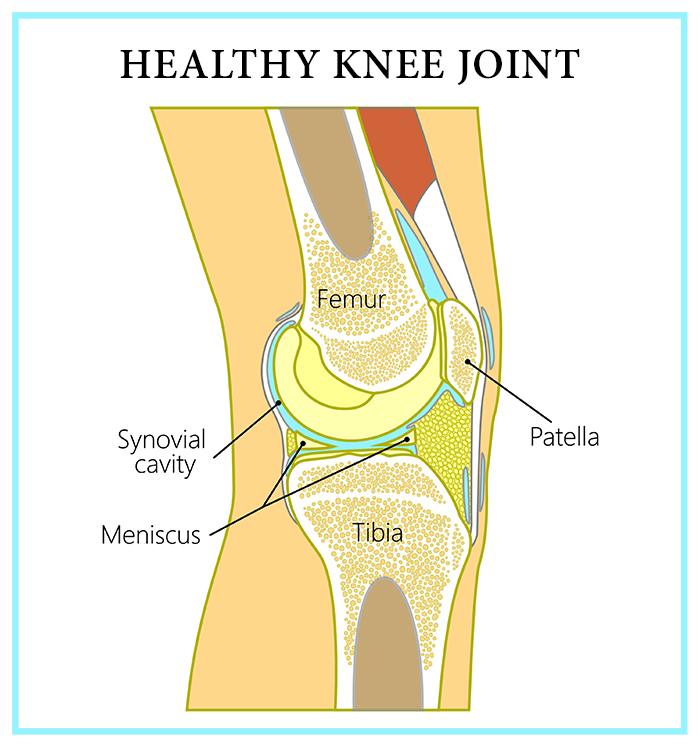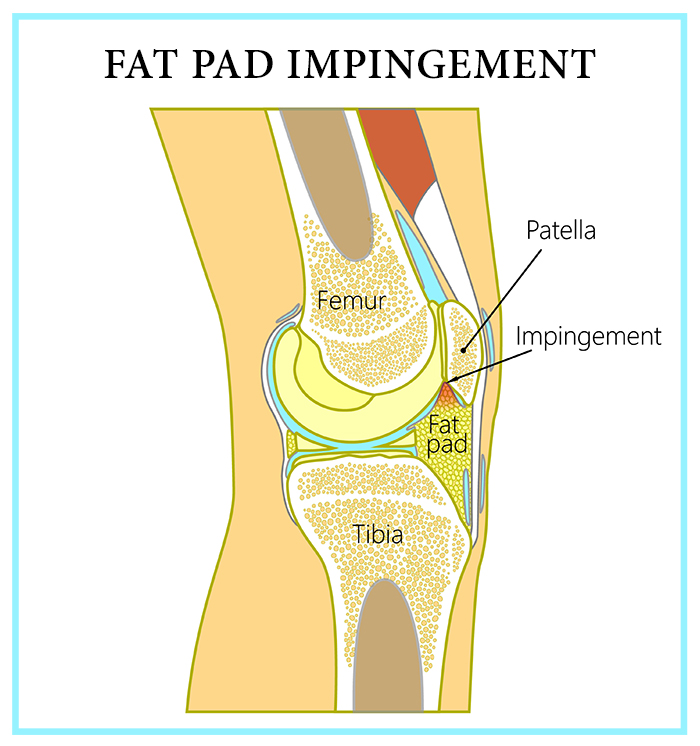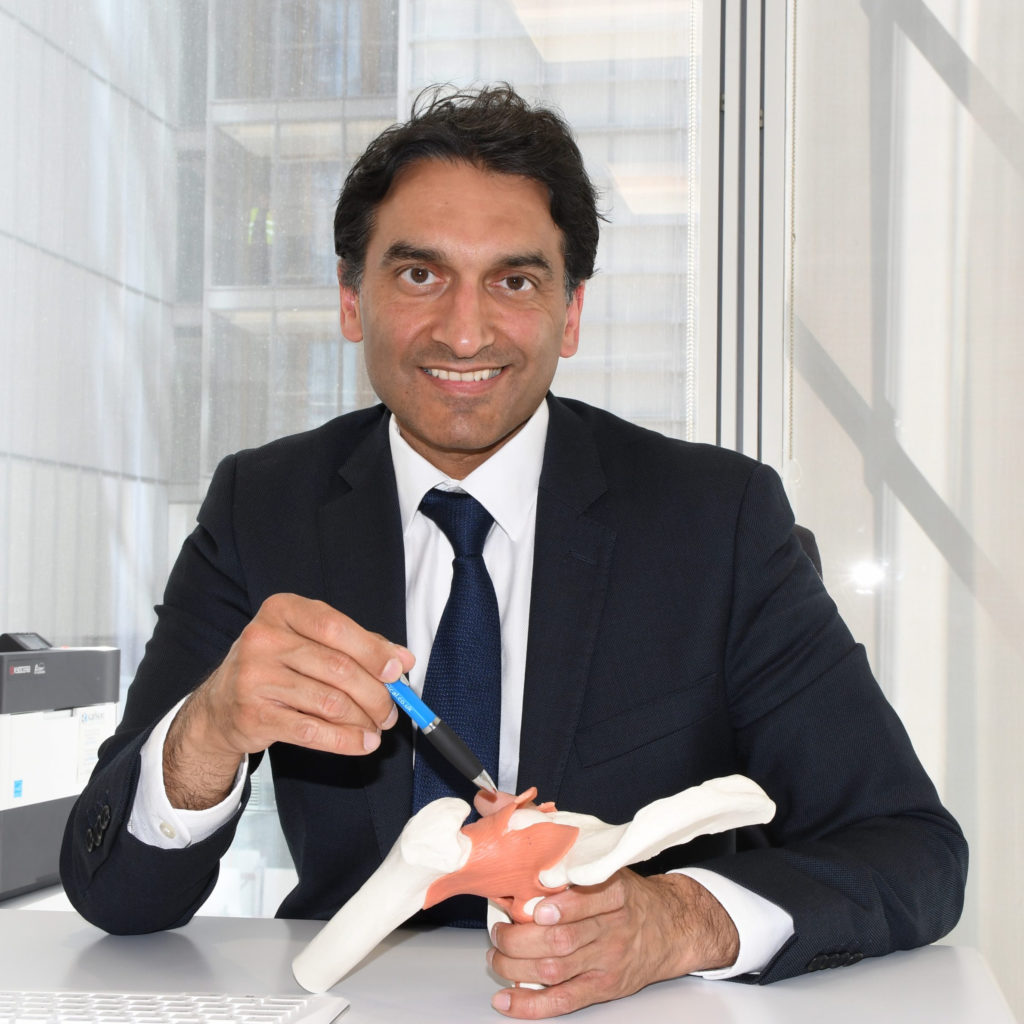
ORTHOPAEDIC OPINIONS BLOG
Running Injuries: Fat Pad
By Mr Vipin Asopa, August 2023
In a previous blog (which you can find here) I discussed that, as careful as we are, injuries can sometimes occur whilst running. There are a number of running injuries that can affect the knee, including fat pad injuries.


WHAT IS A FAT PAD?
The fat pad in the knee is a pad of fatty tissue that is located at the front of the knee, behind the kneecap (also known as the patella). It helps cushion and protect the knee joint.
ABOUT FAT PAD INJURIES
There are a number of reasons a runner may experience a fat pad injury of the knee, including:
- Direct Trauma: Direct blows to the front of the knee, such as falling over during a run, can cause injury to the fat pad.
- Repetitive Microtrauma: Running is a repetitive motion that can put stress on the knee joint. This recurring motion can cause small tears in the fat pad over time.
- Overuse: Overuse of the knee joint can cause irritation and inflammation of the fat pad. An example of when this could happen is when you run either up-hill or down-hill.
- Abnormal Patellar Tracking: Abnormal patellar tracking, where the kneecap moves out of its normal position, can cause the fat pad to become pinched or compressed, leading to injury.
- Tight Quadriceps Muscles: Having tight quadriceps muscles while running can put increased pressure on the patella and fat pad, leading to injury.
- Arthritis: Arthritis can cause inflammation of the fat pad, leading to pain and discomfort in the knee.
DIAGNOSIS
Fat pad inflammation and impingement usually gives rise to pain at the front of the knee. Symptoms may be burning in nature, and worse when running, jumping, squatting and going up/down stairs.
There may be tenderness over/behind the patella tendon when palpated. Fat pad inflammation can also be associated with patella tendon disorders.
An MRI scan can confirm the diagnosis.
TREATMENT
A fat pad injury can settle with rest, ice and anti-inflammatories (if you can take them). Other interventions could include physiotherapy, shockwave therapy, injections and arthroscopic surgery.
If symptoms persist or worsen, it may be helpful to see a specialist to confirm the diagnosis and discuss treatment options to help prevent further damage and to help with recovery.


Mr Vipin Asopa, PhD, FRCS (Tr & Orth), MBChB, BSc (hons)
Specialist Consultant Hip and Knee Surgeon in London, with a particular focus on hip pain, knee pain and sports injuries.
Mr Asopa performs numerous surgical procedures including hip and knee joint replacements, arthroscopy, ACL surgery, as well as treating arthritis, ligament injuries, trochanteric pain and more.
To book an appointment with Mr Asopa:
Call: +44 (0) 794 319 1592 | Email: admin@ortho-surgery.uk